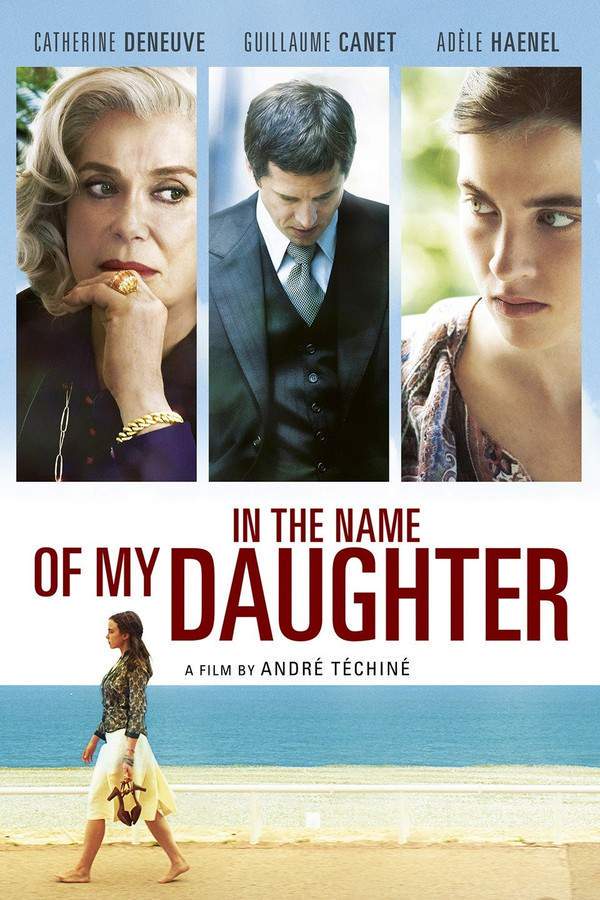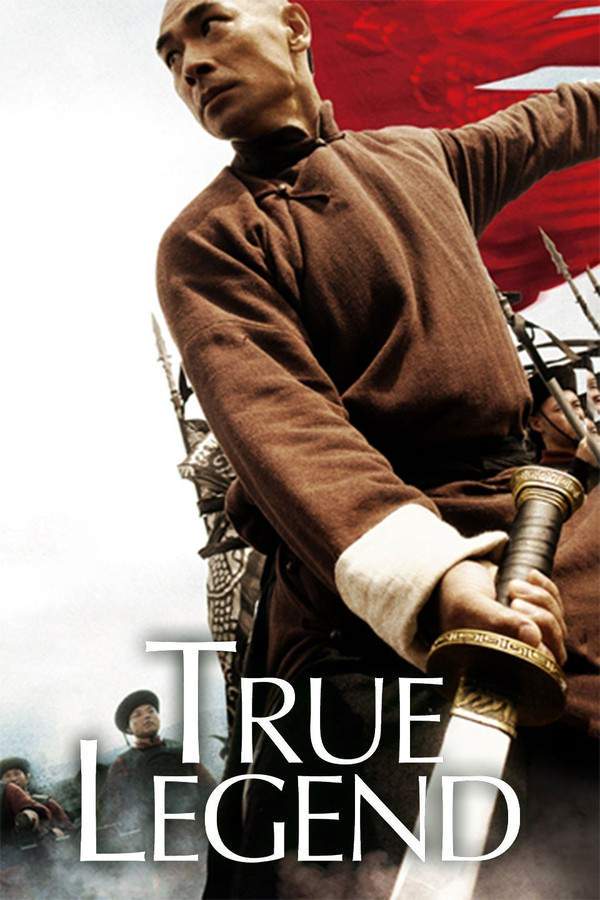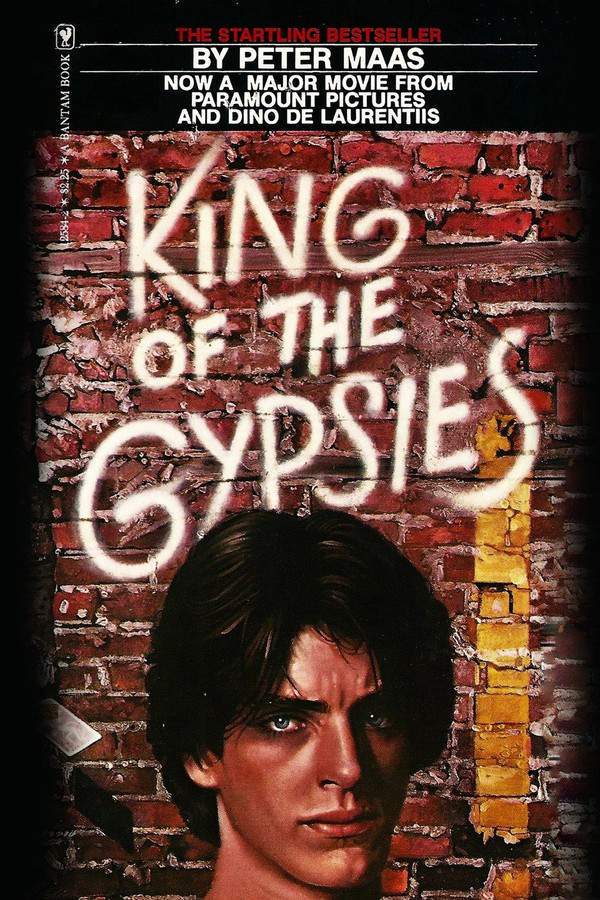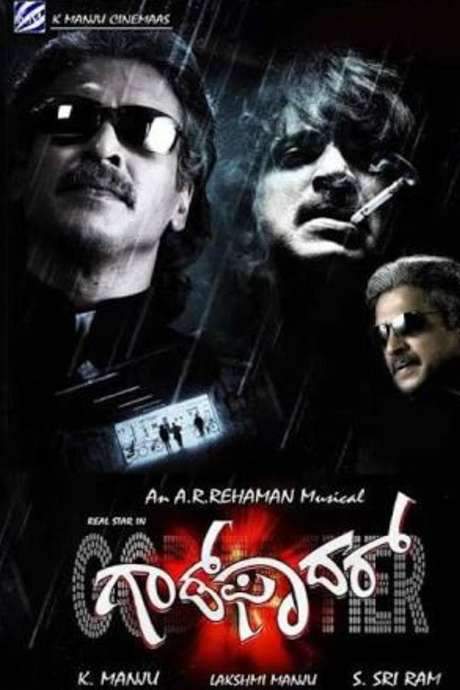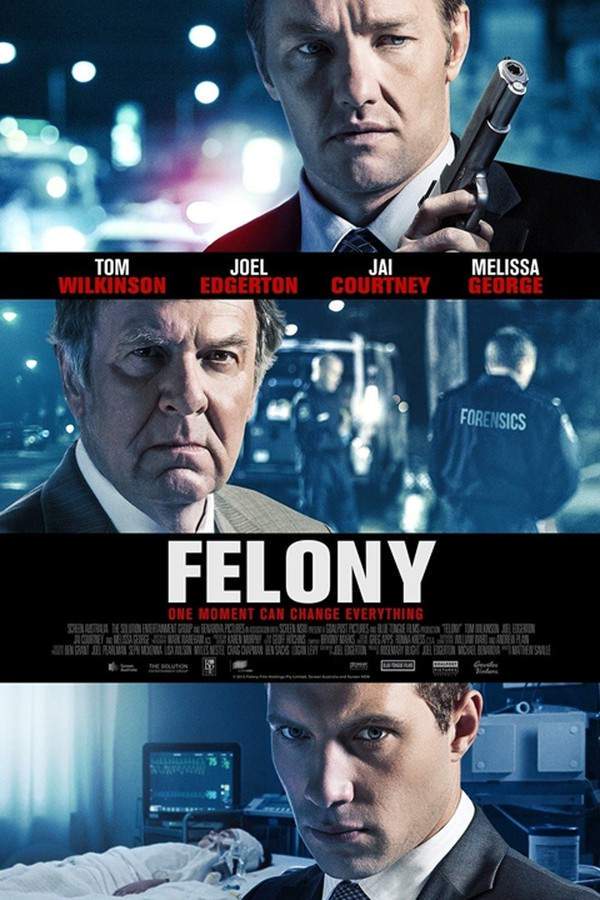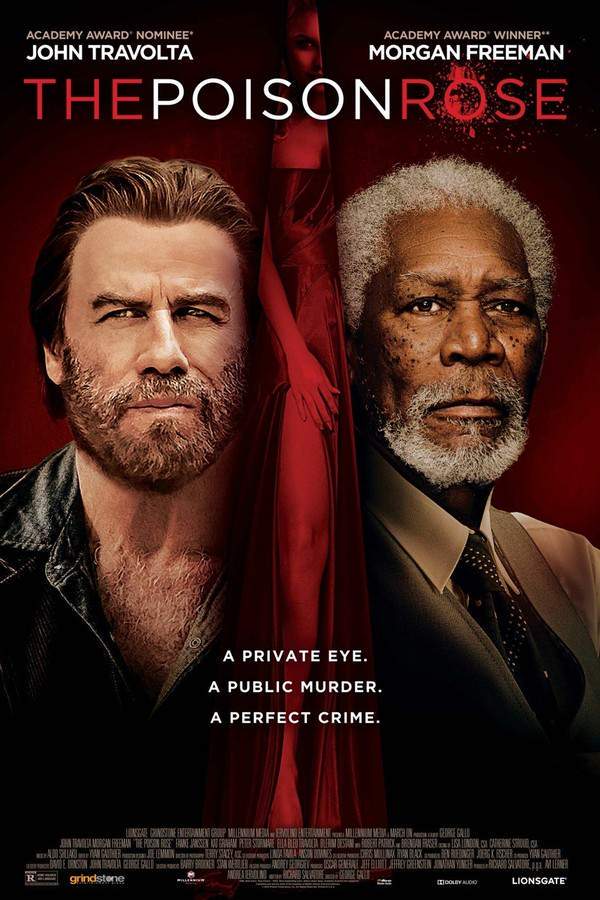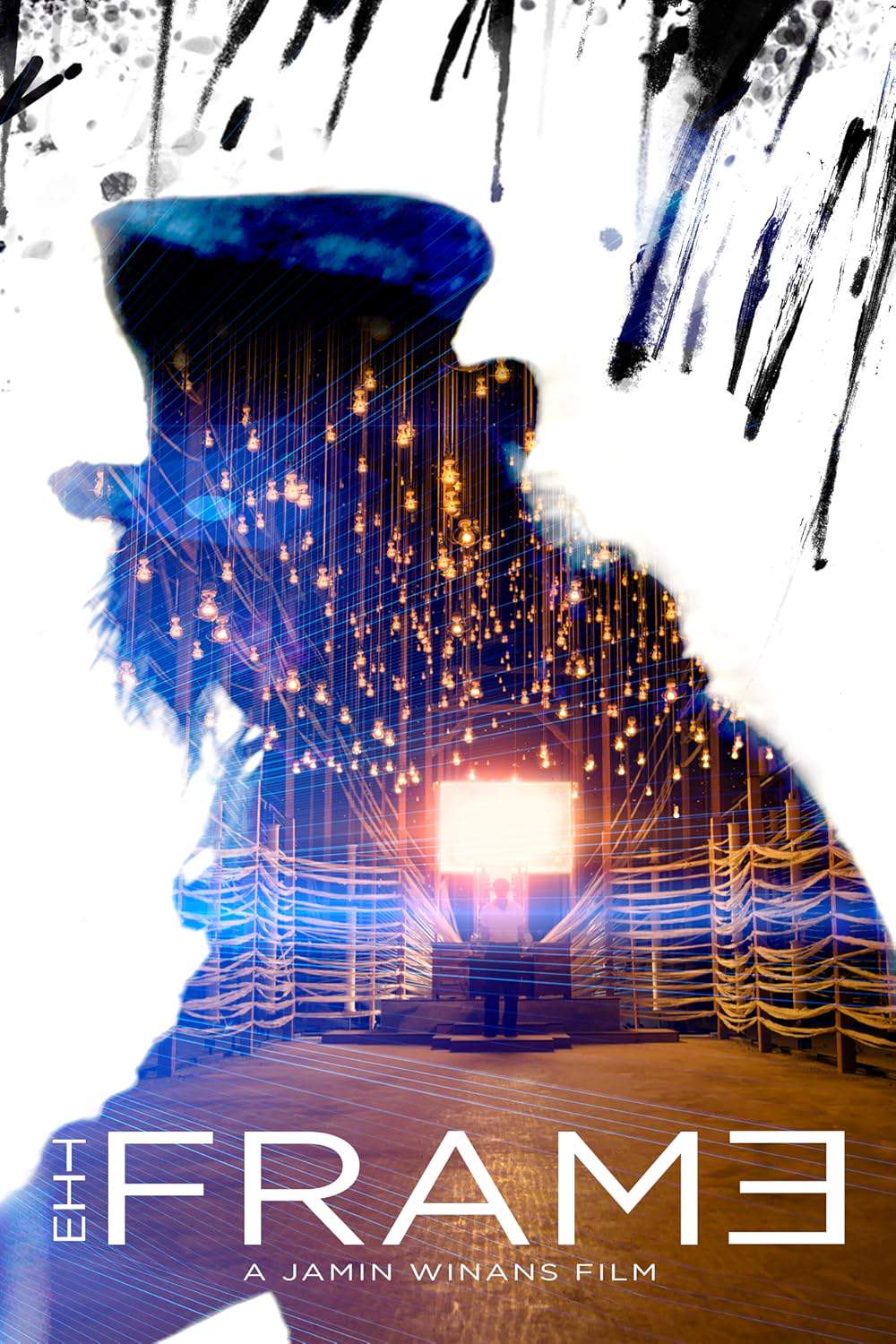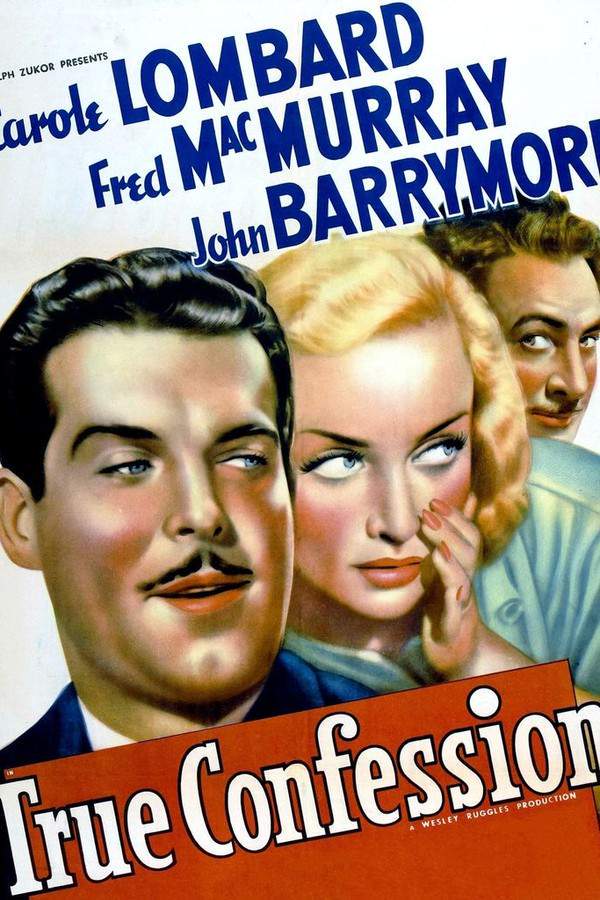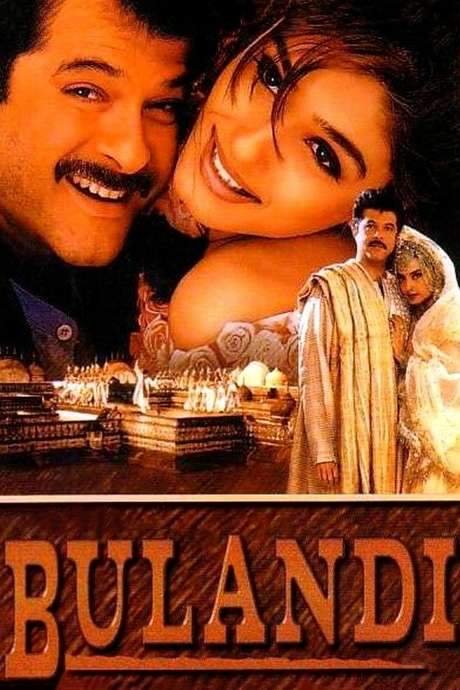
Bulandi
Year: 2000
Runtime: 175 mins
Language: Hindi
Director: Rama Rao Tatineni
A noble family presides over a small town in India.
Warning: spoilers below!
Haven’t seen Bulandi yet? This summary contains major spoilers. Bookmark the page, watch the movie, and come back for the full breakdown. If you're ready, scroll on and relive the story!
Bulandi (2000) – Full Plot Summary & Ending Explained
Read the complete plot breakdown of Bulandi (2000), including all key story events, major twists, and the ending explained in detail. Discover what really happened—and what it all means.
Dharamraj “Dada” Thakur [Anil Kapoor] stands at the center of a village where his word is treated like law, a role he fills with a stern calm that blends discipline and care. Since the death of Ghajraj Thakur [Rajinikanth], the patriarch, Dada has been the unshakable pillar of the clan, and his household—comprising his wife Lakshmi [Rekha] and his two younger brothers, Arjun [Anil Kapoor] and Nakul [Harish Kumar]—mirrors a tight-knit, almost parental unit. The bond between Dada and Lakshmi is the backbone of the family, and they act as surrogate parents to Arjun and Nakul, guiding their choices and standing as a united front against outside pressures. When Arjun weds the city-born Meena [Raveena Tandon], a strain threads through the household. At first, Meena resents what she sees as Dada’s pervasive control over her husband, a control that seems to keep Arjun tethered to family duty rather than his own desires. Yet, as she discovers the depth of Dada’s influence extending beyond mere authority—learning that he once helped her father in business—Meena’s stance shifts. She begins to understand the loyalty and protection that undergird Dada’s leadership, and her initial resentment slowly gives way to a growing respect for her brother-in-law and the family they all share.
The peace of the village is upended when Arjun is accused of raping a schoolteacher, a charge that rattles the entire Thakur clan. The momentous question of guilt or innocence falls to Dada, whose decision will ripple through every corner of the household and beyond. The verdict will not only shape the fate of Arjun but also define the moral authority of the entire family, setting the stage for a clash between duty, justice, and tradition. As the community watches, Dada’s ruling carries the weight of generations of expectations, and the family braces for the consequences that will follow from his decision.
In a telltale flashback, Ghajraj Thakur lays down a brutal, uncompromising legacy. The elder Thakur orders his nephew Jagannath to marry the daughter of villagers he has wronged, a verdict that sparks outrage in the family and culminates in a wayward act of violence. Jagannath’s crime and the harsh punishment that follows set in motion a bitter feud. Ranjit Singh, Jagannath’s father, objects to the verdict and shoots Ghajraj in a world where blood ties and pride often trump mercy. As Ghajraj approaches death, he delivers a stark warning to Dharamraj: whenever a wrong verdict is given, the moment of error is the moment of his own death. With those final words, Ghajraj dies, and the family’s history fractures into predictable resentments and bitter rivalries. Jagannath seethes with envy toward his uncle’s kin and waits for an opportunity to strike, while the elder generation fades, leaving the younger ones to bear the burden of their choices.
From that point, Jagannath hatches a scheme to unleash trouble on Arjun’s life. He brings a teacher into the village school, instructing her to captivate Arjun and draw him away from his wife. The plan backfires when Arjun refuses to betray Meena, and Jagannath reacts with brutal violence, killing the woman and leaving the public to believe that Arjun’s actions drove her to suicide. Dharamraj, misled by events and appearances, punishes Arjun’s family with ten years of exile, a sentence that compounds the pain and fuels the fire of familial strife. Jagannath’s malice deepens as he learns of his niece’s affection for Nakul, and he sharpens his blade to eliminate the younger brother. The tension escalates until Arjun rushes to Nakul’s aid, while Meena, now heavily pregnant, attends the annual festival where her labor begins.
Amid the festival’s bustle, the old duel between duty and emotion comes to a head as Dharamraj confronts Jagannath in a fierce duel. In a decisive turn, Dharamraj’s Aunt Manorama [Aruna Irani] rushes to the scene, and in a climactic moment she strikes, killing Jagannath and ending his tyranny. She then reveals the truth that had been hidden under a veil of rumor: Arjun had been punished for crimes that Jagannath himself committed. The revelation forces Dharamraj to confront his father’s final admonition about the danger of ruling with a wrong verdict. The shock of that realization proves too heavy, and Dharamraj dies, realizing in that final instant that his judgment against his innocent brother’s family was a grave mistake. The story closes with Arjun ascending to the ancestral throne, stepping into the role of protector and custodian of the family’s venerable traditions, and continuing the lineage that had been disrupted by decades of deceit and violence.
The film unfolds as a sweeping, layered family epic that examines loyalty, power, and the cost of misjudgment. It traces how authority can both defend and destroy, how love can be tested by circumstance, and how truth, once exposed, reshapes a house built on long-standing alliances and old resentments. Through its interwoven timelines and generations, the story keeps its focus on the human consequences of every decision, and it does so with a measured, steady pace that underscores the emotional stakes without losing sight of the broader sense of community that anchors the Thakur clan. The characters—each drawn with clear motives and forthright flaws—move through a world where honor is both a shield and a burden, and where the ultimate act of justice comes not from vengeance but from the painful clarity that can only arrive when truth overturns a life’s most fateful verdict.
Last Updated: October 09, 2025 at 15:31
Explore Movie Threads
Discover curated groups of movies connected by mood, themes, and story style. Browse collections built around emotion, atmosphere, and narrative focus to easily find films that match what you feel like watching right now.
Dramas about family honor and tragic legacies like Bulandi
Stories where a family's honor and moral authority lead to tragic downfall.If you liked the heavy drama and moral burden in Bulandi, explore more movies like it. These films feature powerful, honor-bound families where patriarchal authority leads to tragic mistakes, bitter betrayals, and a somber exploration of legacy and duty.
Narrative Summary
These narratives typically follow a family, often led by a powerful figure, whose strict moral or cultural codes create intense internal and external conflict. A single misstep, false accusation, or stubborn judgment sets off an irreversible tragedy, forcing characters to confront the flaws in their own system of authority, often with bittersweet or bleak results.
Why These Movies?
Movies are grouped here for their shared focus on patriarchal authority, the heavy burden of family honor, and the tragic outcomes born from moral certainty. They deliver a similar experience of dramatic tension, somber mood, and profound emotional weight centered on family dynamics.
Movies with heavy moral dilemmas and tense consequences like Bulandi
Slow-burn tension from a fatal moral error and its irreversible consequences.Viewers seeking the tense, anxiety-inducing experience of Bulandi will find similar movies here. These films focus on protagonists making a catastrophic moral choice, leading to a steady build of dramatic tension and a bittersweet resolution steeped in irreversible loss.
Narrative Summary
The narrative pattern involves a central, well-intentioned but flawed character making a definitive and wrong moral judgment. The pacing is steady, building a sense of dread as the consequences of this error unfold. The climax brings a revelation of truth, but the ending is fundamentally bittersweet, emphasizing the cost of the initial mistake rather than a clean victory.
Why These Movies?
These films are united by their exploration of moral burdens, the anxiety of irreversible mistakes, and the specific emotional arc from error to a truth that comes too late. They share a dark tone, high dramatic intensity, and a pacing that makes the tragic outcome feel inevitable.
Unlock the Full Story of Bulandi
Don't stop at just watching — explore Bulandi in full detail. From the complete plot summary and scene-by-scene timeline to character breakdowns, thematic analysis, and a deep dive into the ending — every page helps you truly understand what Bulandi is all about. Plus, discover what's next after the movie.
Bulandi Timeline
Track the full timeline of Bulandi with every major event arranged chronologically. Perfect for decoding non-linear storytelling, flashbacks, or parallel narratives with a clear scene-by-scene breakdown.

Characters, Settings & Themes in Bulandi
Discover the characters, locations, and core themes that shape Bulandi. Get insights into symbolic elements, setting significance, and deeper narrative meaning — ideal for thematic analysis and movie breakdowns.

Bulandi Spoiler-Free Summary
Get a quick, spoiler-free overview of Bulandi that covers the main plot points and key details without revealing any major twists or spoilers. Perfect for those who want to know what to expect before diving in.

More About Bulandi
Visit What's After the Movie to explore more about Bulandi: box office results, cast and crew info, production details, post-credit scenes, and external links — all in one place for movie fans and researchers.


